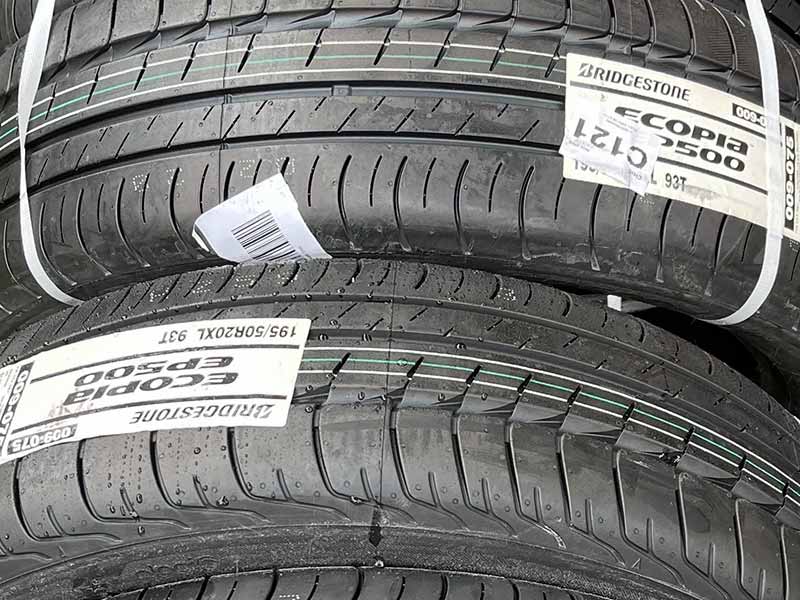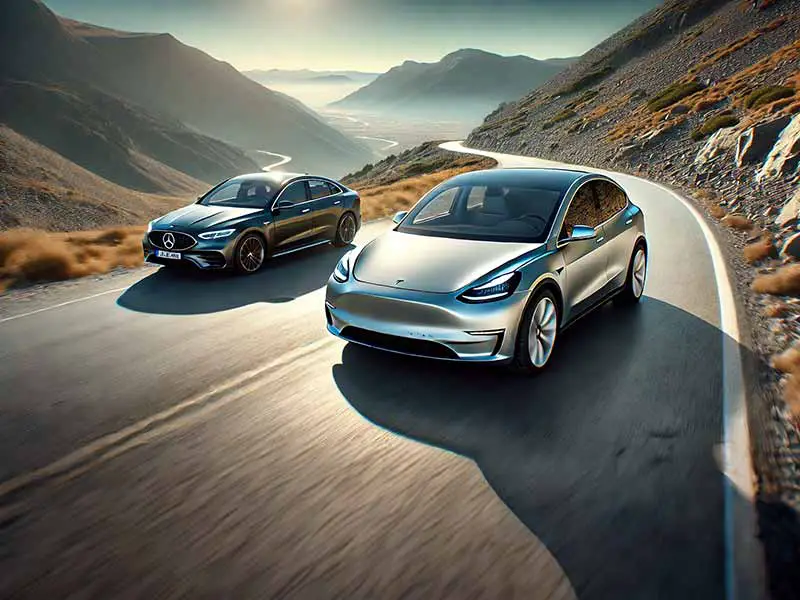Have you ever wondered if investing in EV tires is actually worth it compared to regular ones? If you’re an EV owner, or considering becoming one, this question is more than just a passing thought. It’s about making smart choices for your vehicle that balance cost, efficiency, and performance.
Are EV Tires Worth It?
EV tires are generally more expensive than regular tires but offer better efficiency, durability, and performance specifically tailored for the unique demands of electric vehicles.
In this article, we’ll explore the key differences between EV and regular tires, focusing on aspects like cost, longevity, performance, and compatibility, to help you make an informed decision about what’s best for your vehicle.
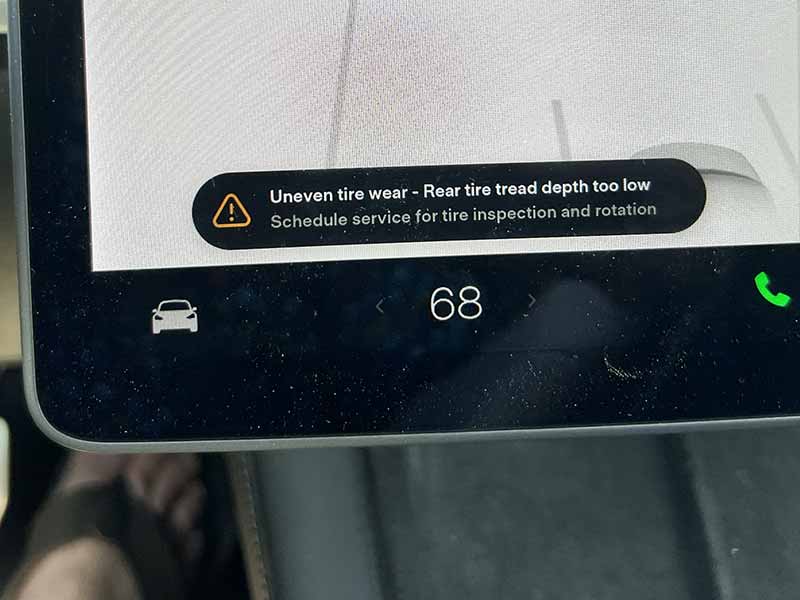
Understanding the Basics of EV Tires
Electric vehicles (EVs) are reshaping the automotive landscape, and with them come new considerations for tires. Let’s dive into what makes EV tires distinct and why they matter.
What are EV Tires?
EV tires are specifically designed for electric vehicles. They have unique features to handle the characteristics of these cars. Here’s what sets them apart:
- Weight Support: EVs are generally heavier than their ICE counterparts, due to the weight of the battery. EV tires are constructed to support this extra weight.
- Low Rolling Resistance: Efficiency is key in EVs. Tires with low rolling resistance help conserve energy, extending the vehicle’s range.
- Noise Reduction: Electric cars are quieter, so tire noise becomes more noticeable. EV tires often have features to minimize road noise.
Make Sure The Load Rating Matches The Vehicle Requirements If Switching To Regular Tires On An EV.
TireGrades Expert Tip
Key Differences from Regular Tires
While they may look similar, EV tires and regular tires have distinct differences:
- Construction: EV tires are often reinforced to handle the additional weight and torque of electric vehicles.
- Tread Design: The tread patterns and materials are optimized for better grip and efficiency, catering to the instant torque delivery of EVs.
- Sidewall Design: Some EV tires have stiffer sidewalls to compensate for the extra vehicle weight and enhance handling stability.
Why Do These Differences Matter?
It’s not just about making a tire; it’s about enhancing the EV driving experience. The specific design of EV tires contributes to:
- Improved Range: By reducing rolling resistance, EV tires help maximize the distance your car can travel on a single charge.
- Enhanced Safety: The extra weight of an EV affects braking and handling. EV-specific tires are designed to provide better grip and stability.
- Comfortable Ride: Reduced road noise and optimized tread patterns make for a more comfortable and quieter driving experience.

Cost Considerations
When it comes to EV tires, one of the first questions that pop up is: Are they more expensive? Let’s break down the costs and see what’s really going on.
Are EV Tires More Expensive?
The short answer is yes, EV tires can be more expensive than regular tires. Here’s why:
- Advanced Technology: The technology and materials used in EV tires for efficiency and durability often come with a higher price tag.
- Specialized Design: The unique features of EV tires, like reinforced construction and noise-reducing technologies, add to the cost.
But there’s more to it than just the initial price:
Long-Term Cost Effectiveness
- Durability: EV tires are designed to handle the extra weight and torque of electric vehicles, which can mean they wear down less quickly than regular tires.
- Energy Efficiency: The lower rolling resistance of EV tires means you’re getting more mileage out of your battery, potentially saving money on electricity in the long run.
Cost vs. Value
It’s essential to consider the value you’re getting for the price:
- Safety and Performance: The enhanced grip and stability of EV tires can offer a safer and more enjoyable driving experience.
- Vehicle Compatibility: Using the right tires for your EV ensures that you’re getting the most out of your vehicle’s design and technology.
Durability and Longevity
One of the critical considerations for any tire purchase is how long it’s going to last. This is particularly true for EV tires, given their unique characteristics and the specific demands of electric vehicles.
How Long Do EV Tires Last?
Comparing the lifespan of EV tires to regular tires is a bit like comparing apples to oranges, due to their different designs and usage. Here’s what influences their longevity:
- Weight and Torque: EV tires are subjected to more weight and instant torque, which can lead to faster wear if not specifically designed for this purpose.
- Tire Technology: The advanced materials and construction of EV tires are tailored to withstand these stresses better, potentially leading to a longer lifespan.
Factors Affecting the Longevity of EV Tires
Several factors play into how long your EV tires will last:
- Driving Style: Aggressive acceleration and braking, common with the instant torque of EVs, can wear tires out faster.
- Maintenance: Regular tire rotation, proper inflation, and alignment checks are crucial for maximizing tire life.
- Road Conditions: Rough or uneven surfaces can contribute to quicker wear.
Comparing with Regular Tires
- Regular Tires on EVs: If regular tires are used on an EV, they may wear out faster due to not being designed for the additional weight and torque.
- EV Tires on Regular Vehicles: Conversely, using EV tires on regular vehicles might not significantly extend their life, as the tires are optimized for different conditions.

Performance Comparison: EV Tires vs Regular Tires
When we talk about tires, performance is a critical aspect. For EV owners, understanding how EV tires stack up against regular tires in terms of performance is essential. Let’s delve into this comparison.
Handling and Traction Differences
- Instant Torque Response: EV tires are designed to handle the instant torque of electric vehicles, providing better traction and handling from a standstill.
- Weight Distribution: The heavier weight of EVs, mostly due to their batteries, necessitates a tire that can support and distribute this weight effectively, enhancing overall stability.
Impact on Vehicle Efficiency and Range
- Rolling Resistance: EV tires are optimized for low rolling resistance, which directly contributes to increased vehicle efficiency and range.
- Aerodynamics: Some EV tires are designed with aerodynamics in mind, further aiding in reducing energy consumption and improving range.
Do EV Tires Make a Difference?
Absolutely, and here’s how:
- Safety: The superior grip and stability offered by EV tires can significantly enhance the safety of your vehicle, especially under harsh driving conditions.
- Driving Experience: With reduced road noise and improved handling, EV tires can transform your driving experience, making it smoother and more enjoyable.
- Efficiency: By optimizing energy usage, EV tires can squeeze out extra miles from your EV’s battery, making your trips more efficient.
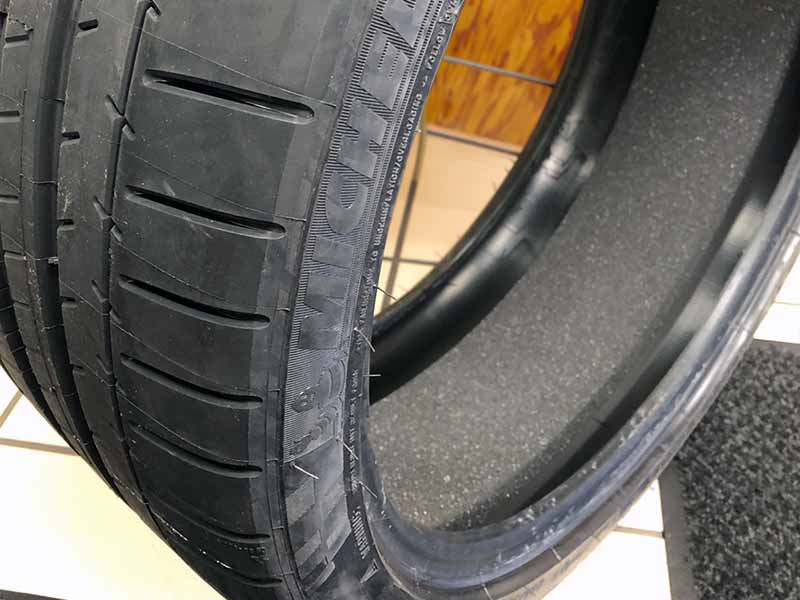
Compatibility and Flexibility
As electric vehicles become more prevalent, a common question arises: Can EVs use regular tires, and vice versa? Understanding the compatibility and flexibility between EV and regular tires is crucial for making informed decisions.
Can EVs Use Regular Tires?
Let’s address this critical question:
- Technical Possibility: Yes, technically, EVs can use regular tires as they often share similar sizes and fittings.
- Performance Considerations: However, regular tires may not optimally support the unique characteristics of EVs, such as heavier weight and instant torque.
Potential Impacts of Using Non-EV Tires on Electric Vehicles
Using regular tires on an EV can have several implications:
- Reduced Efficiency: Regular tires might increase rolling resistance, potentially reducing the vehicle’s range and efficiency.
- Wear and Tear: The increased weight and torque of EVs can lead to faster wear on regular tires, necessitating more frequent replacements.
- Safety Concerns: Regular tires may not provide the same level of grip and stability as EV-specific tires, especially under high-torque scenarios.
When Regular Tires on EVs Might Be Suitable
There are circumstances where regular tires could be considered:
- Temporary Use: In emergency situations or short-term scenarios.
- Cost Constraints: If budget constraints are a primary concern, though this might lead to higher long-term costs due to reduced efficiency and more frequent replacements.
Summing Up Compatibility
In essence, while regular tires can fit on an EV, they don’t offer the best synergy with the vehicle’s design and performance capabilities. EV tires, on the other hand, are tailored to enhance and support the distinct attributes of electric vehicles, providing a more harmonious and efficient driving experience.
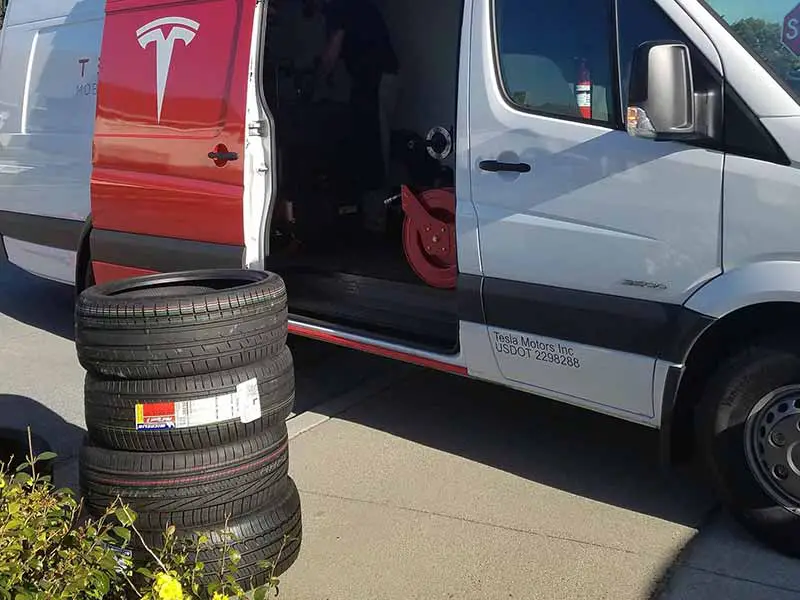
Making the Right Choice
Choosing between EV and regular tires isn’t just a matter of price or preference. It’s about understanding your vehicle’s needs and your driving habits. Let’s explore the factors you should consider to make the best tire choice for your vehicle.
Factors to Consider When Choosing Tires
- Vehicle Type and Weight: If you drive an EV, its heavier weight and unique torque characteristics might necessitate the use of EV-specific tires.
- Driving Habits: Consider your driving style. If you often experience rapid acceleration and braking, EV tires’ enhanced grip and durability can be advantageous.
- Range and Efficiency: For EV drivers, the low rolling resistance of EV tires can be crucial in maximizing your vehicle’s range and efficiency.
Recommendations for Different Types of Drivers and Vehicles
- For the Efficiency-Conscious EV Owner: If maximizing your EV’s range is a priority, investing in EV tires is a smart choice.
- For the Cost-Conscious Driver: If upfront cost is a significant factor, regular tires might seem appealing, but consider the potential for higher long-term costs due to increased wear and decreased efficiency.
- For the Performance-Oriented Driver: If you value a smooth, stable ride and responsive handling, EV tires are the way to go, especially for EVs.
Balancing Cost, Efficiency, and Performance
It’s all about finding the right balance:
- Short-Term vs. Long-Term Costs: Upfront costs versus long-term savings in efficiency and tire replacement frequency.
- Safety and Comfort: The peace of mind that comes with knowing your tires are perfectly suited to your vehicle’s capabilities.
Resources
Below are some links you may find helpful when learning about tires:
- Goodyear launches a new EV tire – But are EV tires worth it? – Electrek
- What to know when replacing EV tires – Kelly Blue Book
Final Thoughts
The key takeaway is that while EV tires might be a more expensive initial investment, they offer distinct advantages in terms of efficiency, handling, and longevity, especially tailored for the needs of electric vehicles.
Regular tires, while cheaper, may not deliver the same level of performance and could lead to increased costs over time due to inefficiencies and quicker wear.
Good luck and happy motoring.
